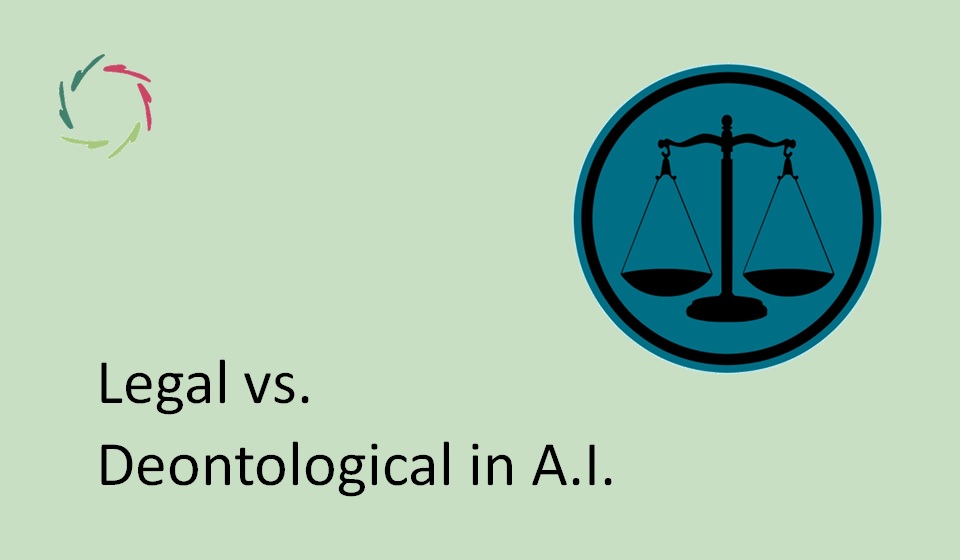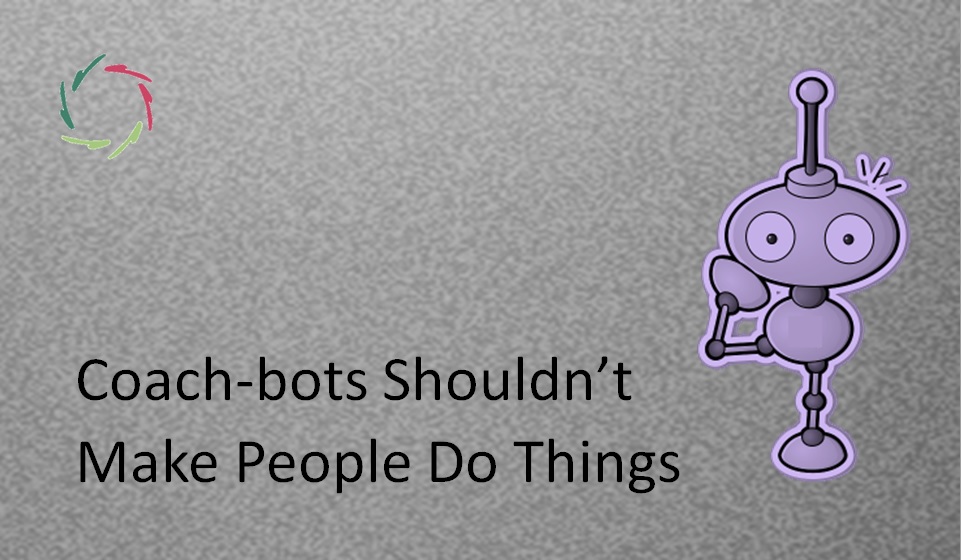Legal vs. Deontological in A.I.

The trolley problem
This is a well-known problem in A.I. A trolley driver gets into a situation where he must choose between killing one person by taking a deliberate action or letting five others get killed by not reacting to the situation.
Deontologically, people tend not to choose purely logically and statistically in such situations. Five people getting killed is worse than one. However, deliberately killing one person is so profoundly against common human nature that the resistance to this may lead to the deaths of five.
Then comes A.I.
An A.I. system can get the constraint not to kill any human being. But then, should it be oriented toward letting five get killed?
Is ‘letting get killed’ a prior constraint to ‘killing’? At first glance, this creates more problems in an A.I. system than in a human being since, in an A.I. system, the definition of agent is more directly problematic. Namely, the agent can be seen as the <A.I. driving the trolley> or as the <A.I. + trolley>. In the former case, the agent (A.I.) doesn’t kill the five, but the trolley surely drives over them. In the latter case, the agent (A.I. + trolley) does the killing of the five.
Same situation ― different interpretation ― different deontological happening.
So, is the A.I. part of the trolley vs. purely software? This seems arbitrary. At the same time, the deontology is one of life and death.
Many likewise situations
The same problem appears in many situations of A.I., in many different guises. In the future, we’ll see a lot more.
As a domain, medicine is particularly prone to encounter many such situations, especially with A.I. of an ever-increasing complexity. Many of these situations will not occur once but many times. In this way, several situations will quickly become about millions of life-or-deaths.
We already have at least one comparable situation, called ‘pharmacotherapy.’
Legally
Technico-legally, deliberately killing a person is murder. Lawmakers may, therefore, decide that the A.I. (or its maker) is liable for ‘murdering’ one person even if it saves many through doing so.
Of course, in that view and broadly seen, all pharmaceutical companies are continually and doubtlessly murdering people ― even en masse.
Bringing into play agenthood – as done above – may simultaneously complicate and solve the problem. It solves it when we posit the whole machinery as the agent. What used to be a <letting die> now becomes an <ending life>, while not taking action becomes equally well a kind of action by the same agent. That makes the entire situation clearly delineated ― logically, statistically, mathematically.
A.I. vs. human
In the human case, one can also delve into agenthood, thereby encountering issues of free will, etc. ― murky business.
Once this agentive choice is taken, things are more evident in an A.I. situation: five people are five times more than one. Nevertheless, one may still argue about the values of different lives. That’s an issue we are not tackling here. In my view, for the law (about humans), a life should be a life, and all lives are to be treated equally.
Problem solved?
In the A.I. case: yes, perhaps surprisingly easily. The agency lies in situ, not in an ethereal software heaven. So, we can and should make the calculations and act upon them.
The logic of this is above any individual law.


